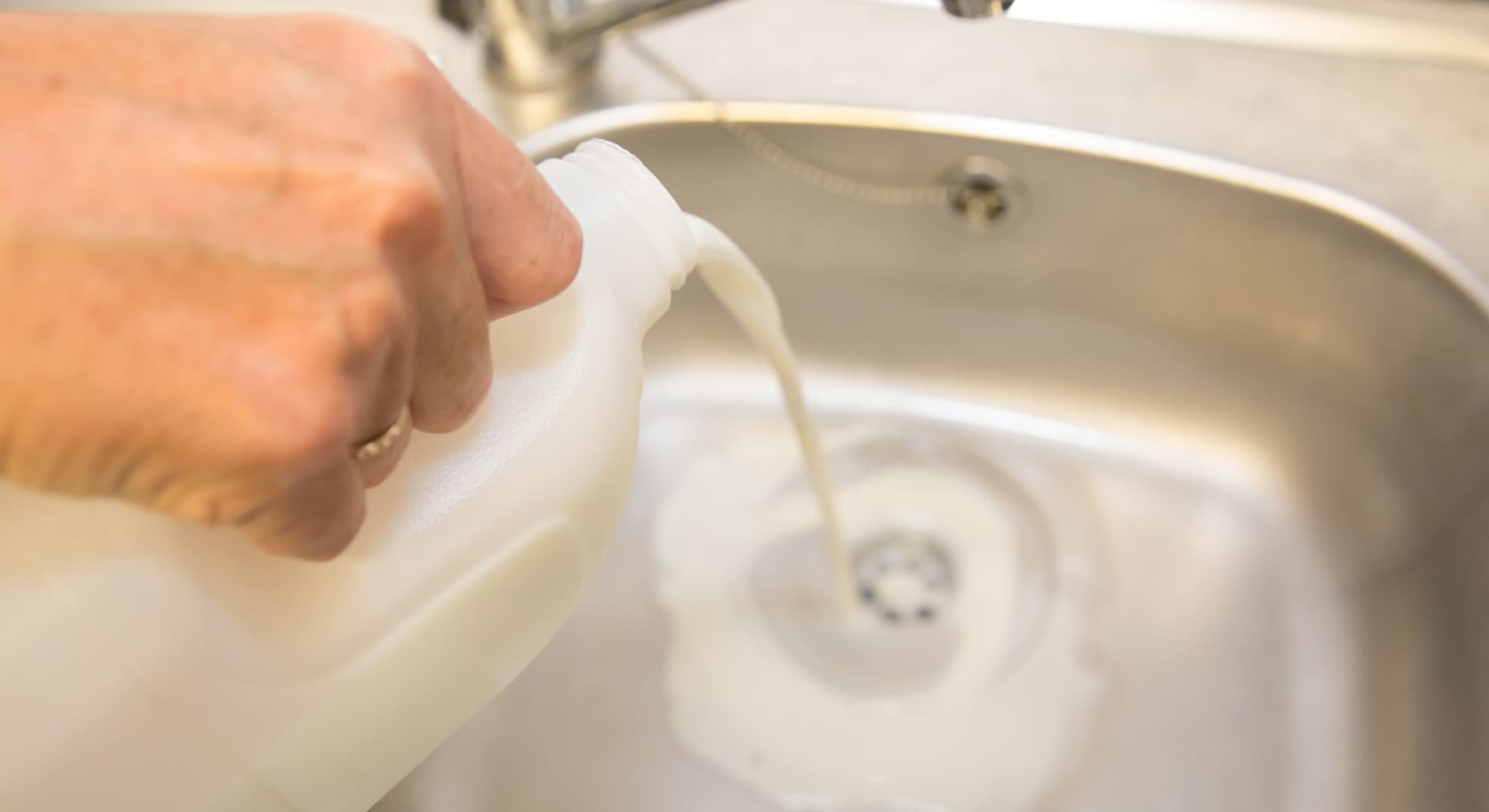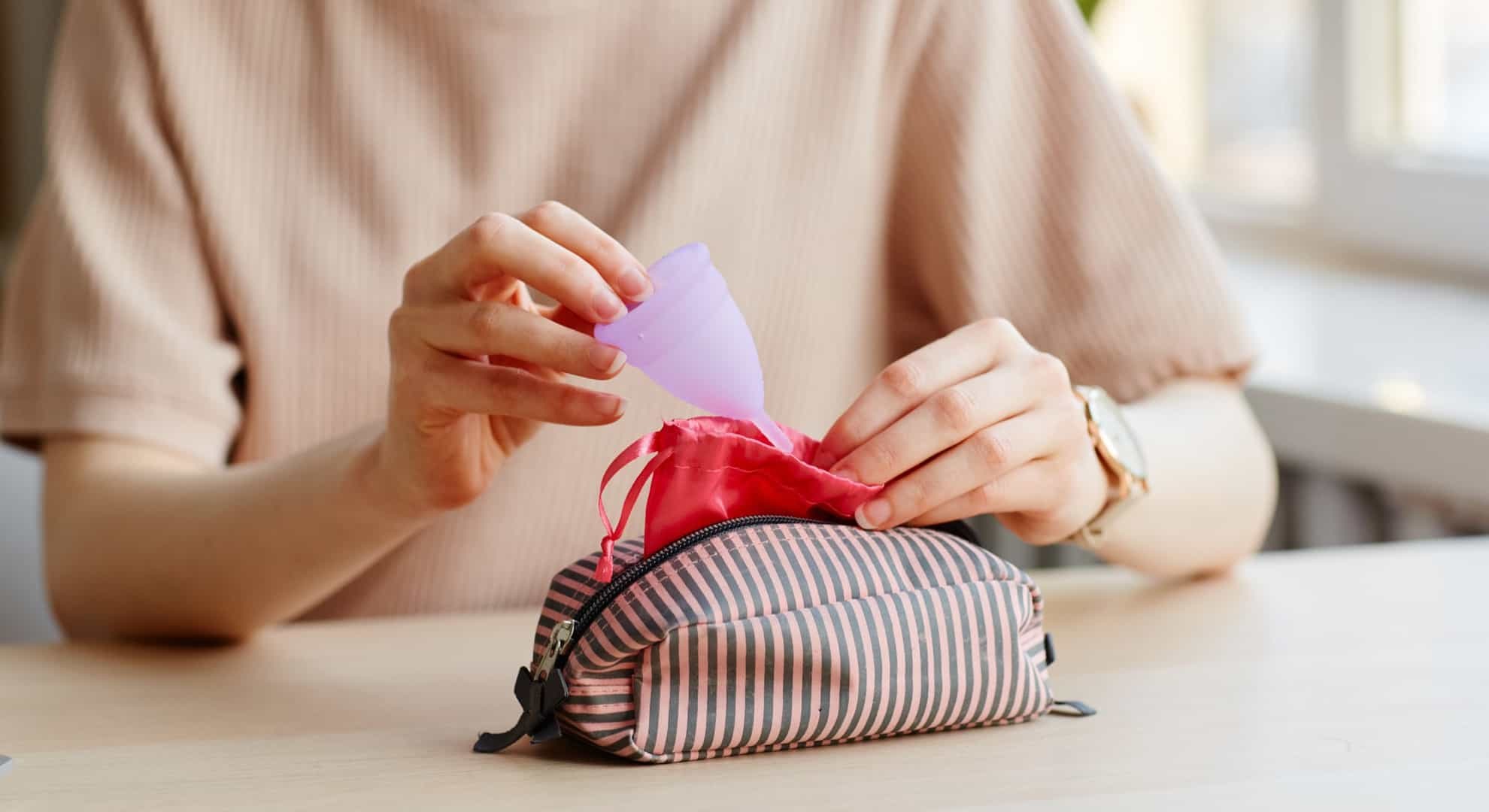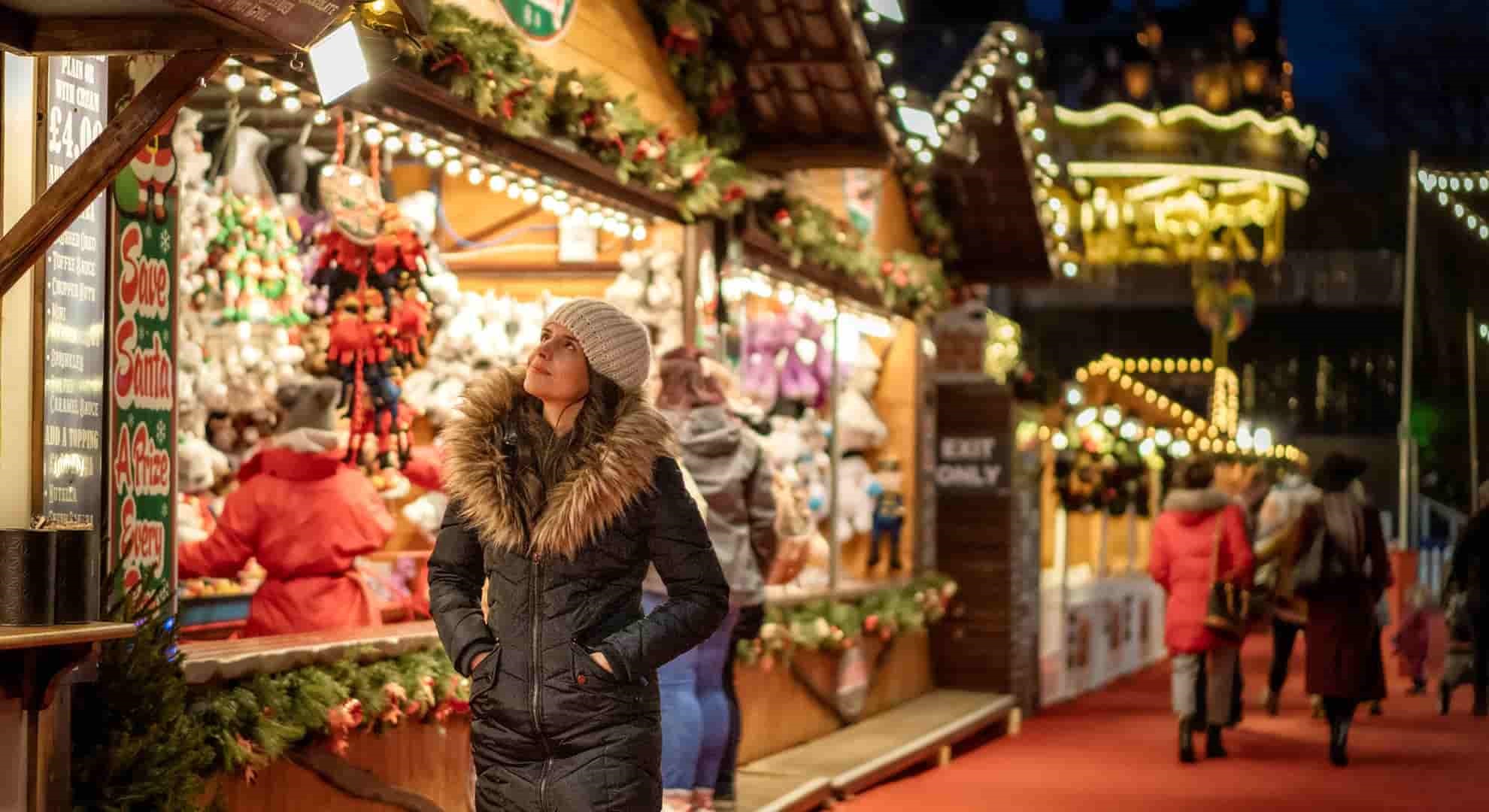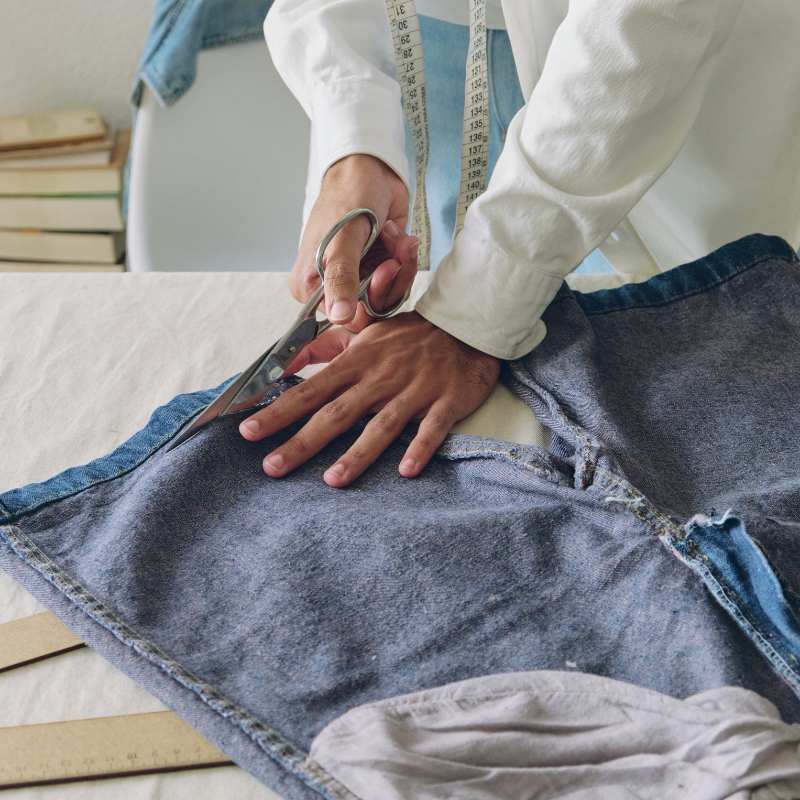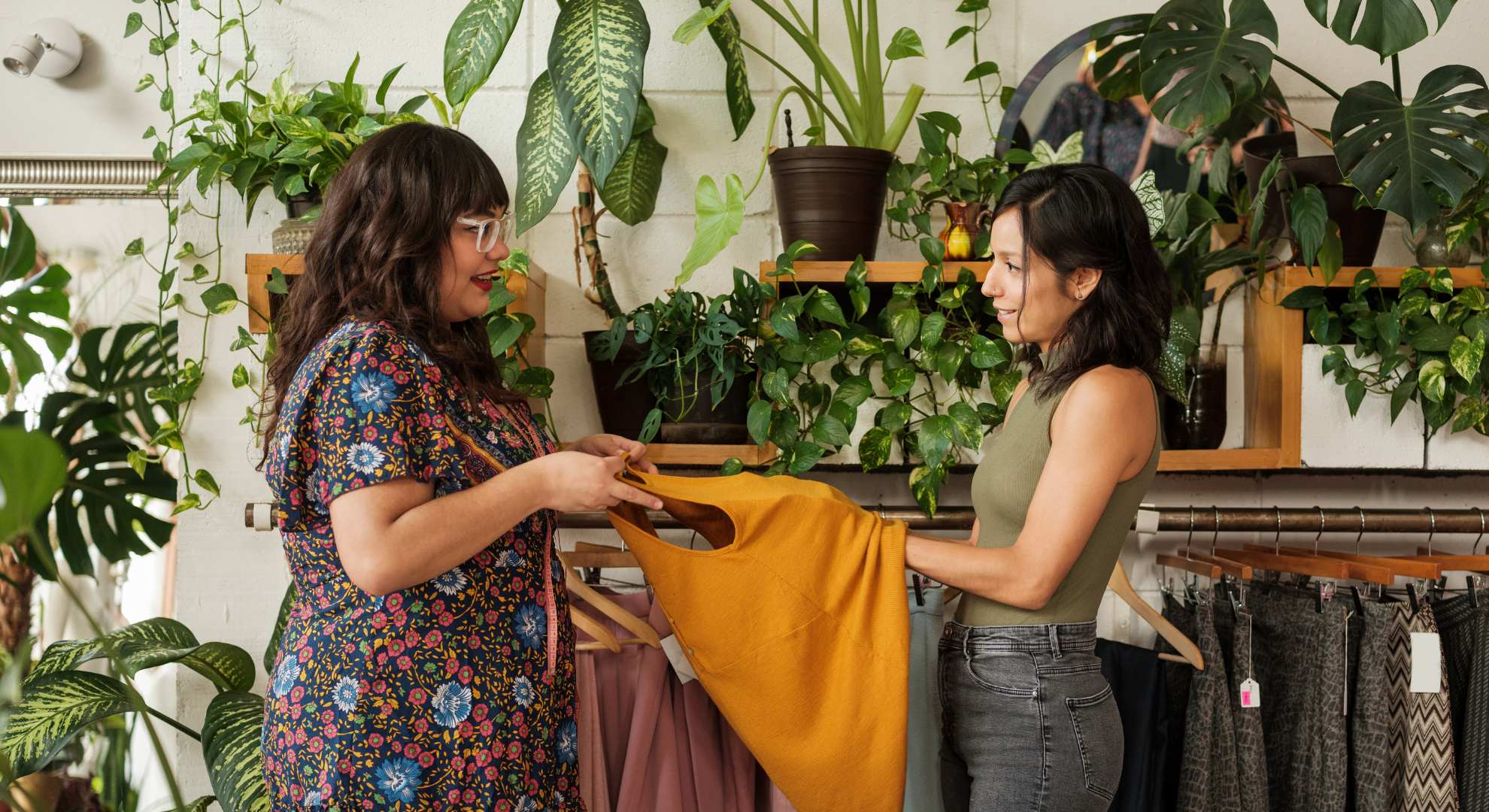
Consumer power
The climate crisis is happening now and, as a global society, we know we need to do something about it if we want to escape the worst effects of climate change.
Many of us are making changes to the way we live and work to cut our carbon footprints down to size – from taking reusable bags to the supermarket to eating a more plant-based diet.
But how can we be sure we’re doing the right thing, and how much of a difference do these little adjustments really make?
The good news is small changes can make a big difference. But if we’re serious about mitigating the climate crisis we need to tackle our consumption.
What is consumption?
Everything we buy has a carbon cost, from growing the materials to make a product to manufacturing it, packaging it and transporting it to our homes or to shops for sale. That means that when we throw an item away it’s a waste not just of the item itself, but also of all the resources that went into making it.
What’s more, because we live in a global society, many of the emissions associated with products bound for Scotland are generated overseas.?It means that the impacts of those emissions are being disproportionately felt by countries that are poorer and more polluting than Scotland.
Our consumption of products and materials is unsustainable, and we need to do things differently for both people and the planet.
What can we do?
Curbing our consumption is the best thing we can all do to reduce our contribution to climate change.
As consumers, simply asking ourselves if we really need something before we buy is a vital step to cutting how much we consume.
If we really do need something, the circular economy is the best tool we have to help us lessen the environmental impact of our purchasing decisions. It means making things last, and allows us to respond to the climate crisis without compromising on quality of life.
Actions like opting for second-hand instead of new and exploring alternative business models like sharing or leasing will help to keep products in use for longer and ensure we consume more sustainably. In Scotland, leasing models exist for everything from clothing and toys to DIY equipment, and even commercial lighting.
Why does it matter?
There’s safety in numbers, as the saying goes, and the same principle can be applied to circular lifestyle choices.
Opting for circular business models that prioritise reuse and repair and sharing over outright ownership sends a powerful market signal that we, the consumers, want more sustainable choices. The more people choosing circular options, the stronger the signal.
Consumer demand is a really powerful driver for businesses to make positive changes and can even help drive further circular economy innovation.
Embedding circularity has benefits for businesses too, from closing the gap on their net zero objectives to futureproofing their operations. It can sometimes even help businesses make savings and create jobs.
More power to us
The wasteful way we make and use things is the single biggest cause of the climate crisis in Scotland today. That’s a huge responsibility, but it’s also hugely empowering.
It means we all have the power to do something about it – and the more of us that do, the bigger the difference we’ll make.
It means the choices we make about how we live our lives, from how we cook and eat to how we get from A to B, really matter. We can all do our bit to evolve a more sustainable society.


